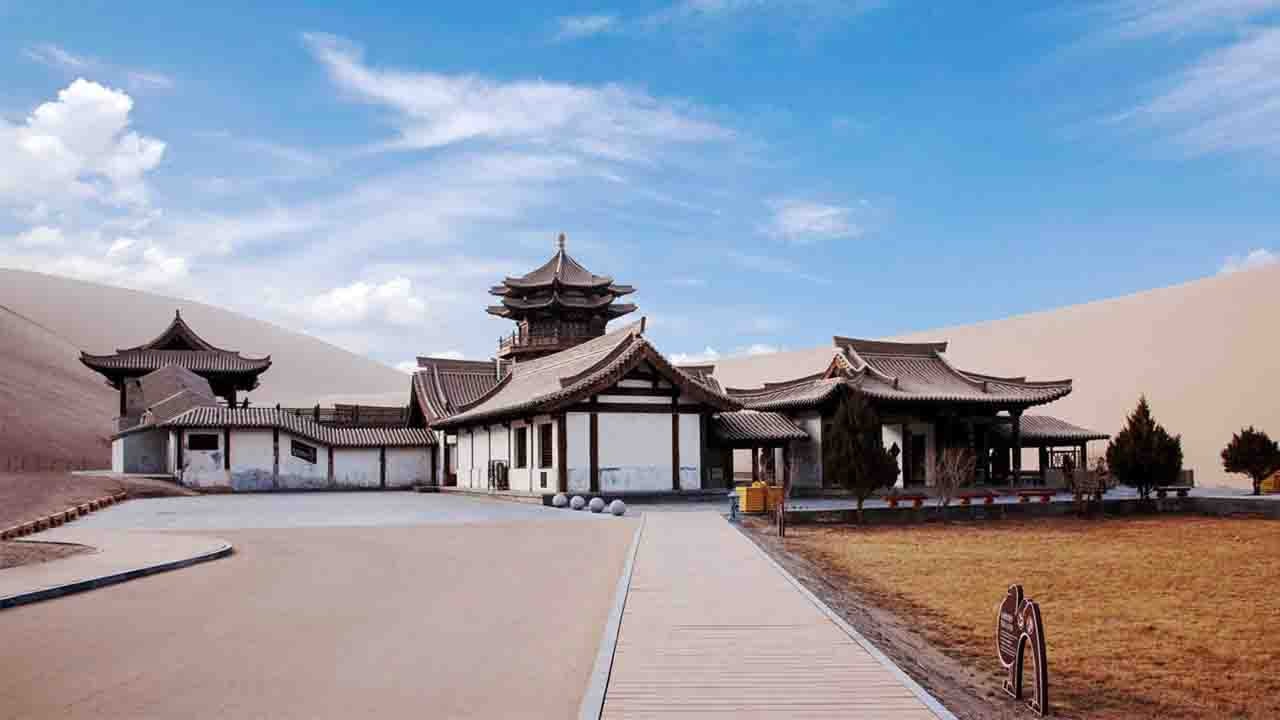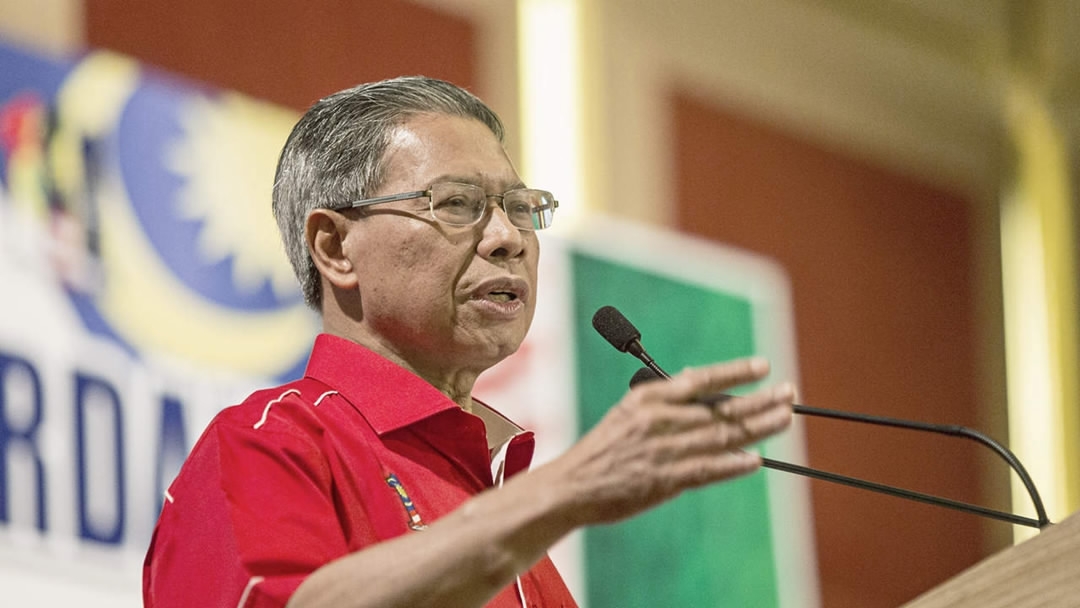
Business
16:00, 10-Jul-2017
Malaysia forms secretariat to oversee Belt and Road projects

By CGTN’s Rian Maelzer
Malaysia's Ministry of International Trade and Investment has established a dedicated secretariat to oversee projects under the Belt and Road umbrella.

VCG Photo
VCG Photo
In the last two years, China has emerged as Malaysia's largest foreign investor with projects covering a wide range of sectors, including real estate, manufacturing and communications technology.
Prime Minister Najib Razak signed deals worth 34 billion US dollars during his visit to China last November, with more inked during the Belt and Road forum in Beijing.
“There have been two very high profile visits by our prime minister and a number of memoranda of understanding were signed on those two occasions. It is important for us to monitor closely what happens to those MOUs,” said Mustapa Mohamed, Malaysia’s Minister of International Trade and Industry.

Mustapa Mohamed, Malaysia's Minister of International Trade and Industry, speaks at a public forum in Kuala Lumpur, Malaysia. /VCG Photo
Mustapa Mohamed, Malaysia's Minister of International Trade and Industry, speaks at a public forum in Kuala Lumpur, Malaysia. /VCG Photo
Abdul Majid Ahmad Khan, director of the Malaysia-China Business Council, believes the new Secretariat can help turn these paper agreements into realities on the ground.
“It provides a platform for coordination because the investment will involve agencies in terms of the implementation, ministries in terms of the policy direction and also the participation of the private sector. I think it's important and very necessary to have such a mechanism,” he said.
Historically, most foreign direct investment into Malaysia has been in the manufacturing or the oil and gas sector, whereas much of China’s investment is in major urban developments, power, ports and rail.
The secretariat will work to make sure Malaysia’s deals with China aren't derailed, as some other countries’ pledges of major investment failed to materialize.

VCG Photo
VCG Photo
“It involves huge amounts, secondly is the nature in terms of infrastructure. So the gestation period is longer. Most of these projects they will take five to seven years to complete so I think this necessitates such a platform,” said Abdul Majid Ahmad Khan.

SITEMAP
Copyright © 2018 CGTN. Beijing ICP prepared NO.16065310-3
Copyright © 2018 CGTN. Beijing ICP prepared NO.16065310-3